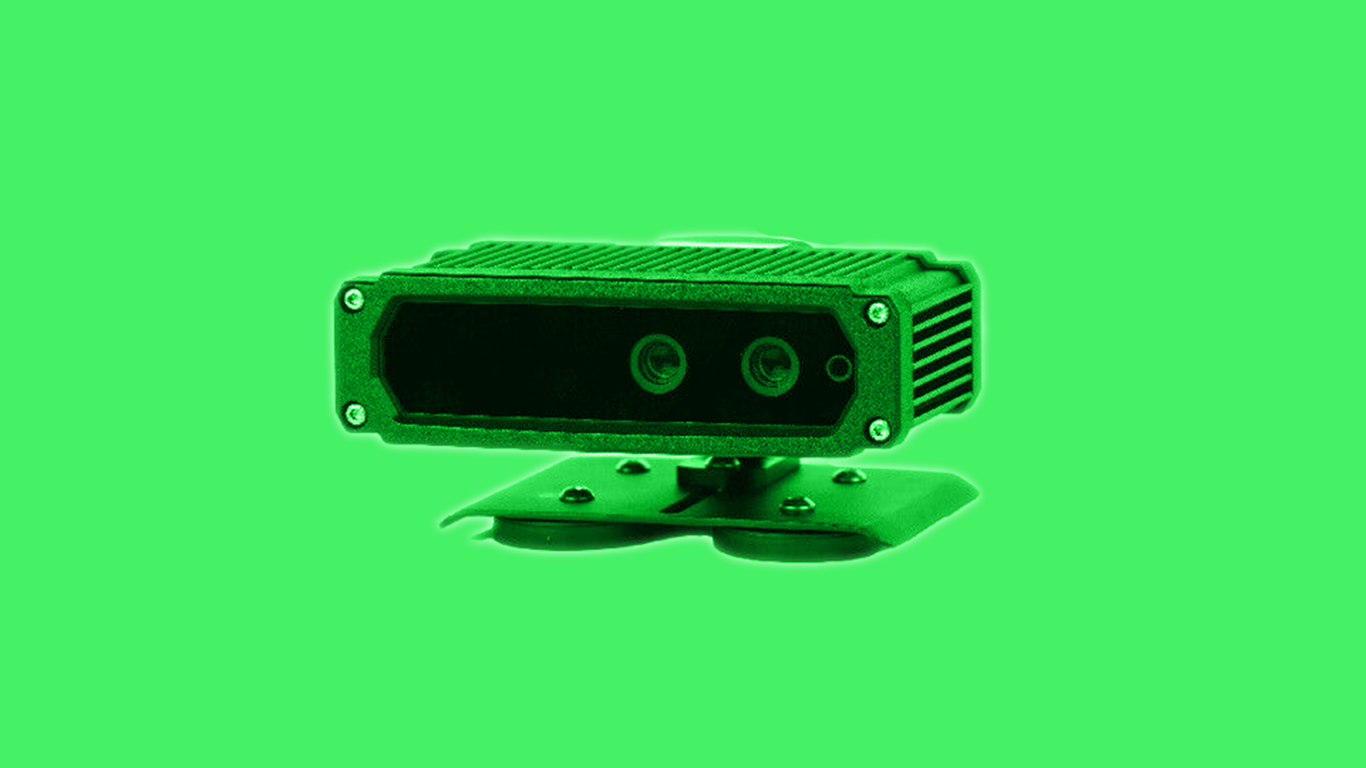Long Beach Police Cave After Pressure From ACLU, Scale Back Sharing of License Plate Data (For Now)
5 minute readThe Long Beach Police Department dramatically reduced the number of entities that are able to access data collected by its automatic license plate readers after a demand letter from the American Civil Liberties Union of Southern California alleged that the program was in violation of state law.
The letter was sent in April to Long Beach City Attorney Charles Parkin and Police Chief Robert Luna and urged police to stop sharing the data with all out-of-state and federal law enforcement agencies, including immigration authorities, because it violated two state laws.
In June, the City Attorney’s Office replied to the ACLU’s letter, writing that “moving forward … LBPD will no longer share ALPR (automatic license plate reader) data with out-of-state or federal agencies.” This was confirmed by a June printout from the police’s ALPR system listing sharing partners, which has been shaved down from 12 pages to just over three.
The ACLU stepped in after we first reported last year that the LBPD was sharing ALPR data— including license plate numbers and location information—with Immigration and Customs Enforcement, despite a promise from city officials that police would not cooperate with federal immigration authorities.
Documents obtained by local police watchdog CheckLBPD.org revealed the expansive nature of the data sharing, which encompassed hundreds of law enforcement agencies scattered across the country.
The police department later said it had shared ALPR data with ICE by error and revoked their access in December. However, the LBPD continued to share the data with other federal law enforcement agencies, including some with a documented history of sharing data with ICE.
In its letter, the ACLU accused the LBPD of violating SB 54, more commonly known as the California Values Act, which the civil rights organization said prohibits state and local agencies from sharing personal information for immigration enforcement purposes. The ACLU also said the police department was violating SB 34, which they say specifically prohibits sharing ALPR data with out-of-state agencies.
A similar demand letter was sent by the ACLU to officials in Pasadena, where police were also discovered to have been broadly sharing ALPR data.
The response from Parkin’s office also said that the LBPD would put in place agreements that would ensure any agency that continued to have access to Long Beach’s ALPR data complied with the California Values Act.
The data in question is collected by special cameras made by Vigilant Solutions, a subsidiary of Motorola. These automatic license plate readers, which are often found mounted on police vehicles and traffic signal poles, are capable of indiscriminately capturing license plate numbers at a rate of up to 1,800 per minute.
Tomisin Oluwole
Ode to Pink II, 2020
Acrylic and marker on paper
14 x 22 inches
Click here to check out our interview with Tomisin Oluwole, a a literary and visual artist based in Long Beach.

Instead of gunking up our site with ads, we use this space to display and promote the work of local artists.
The data is stored in police servers for up to two years and can be used to reconstruct the historical travel patterns of a vehicle with extreme precision. The software can even predict a vehicle’s location at a particular time.
Previously, the LBPD’s data mining of license plate records has led to innocent people getting roped into criminal investigations. Last year, it was reported by the Beachcomber that the LBPD attempted to use license plate numbers collected by ALPR devices during that summer’s anti-police brutality protest to track down suspected looters.
The dragnet led to two women being stopped by police in other jurisdictions and having their vehicles impounded. One woman was even held at gunpoint by law enforcement officers in Hesperia. Neither woman was charged with a crime, yet both had to “furnish proof of their whereabouts on the day in question” and pay a hefty fine to retrieve their vehicles. The Beachcomber reported that the fines were later refunded but that no apology was issued by the LBPD.
In its letter, the ACLU said that the continued use of ALPRs poses “risks to civil liberties and civil rights” and that even without formal data sharing, the risk of informal data sharing is enough to justify doing away with the devices altogether.
On Friday, the LBPD is set to give a presentation on “best practices” around the use of ALPRs before the Public Safety Commission, which is chaired by Sixth District Councilmember Suely Saro.
A spokesperson for the police department declined to elaborate on what those best practices are and whether the LBPD has fully addressed the concerns outlined in the ACLU’s letter, instead referring us to Friday’s presentation.
Greg Buhl, the attorney who runs CheckLBPD.org, scoffed at the idea that the police department would be the ones giving such a presentation in light of its history with the technology.
“The only best practices related to ALPR the LBPD is qualified to speak on is how to best violate state law and people’s constitutional and civil rights with ALPR misuse,” Buhl said, adding that he’s concerned Friday’s presentation could provide cover for rolling back the changes compelled by the ACLU.
As it stands, he said, the department’s ALPR policy is severely outdated and should be updated to severely limit the amount of time license plate data can be stored to minimize privacy risks. Additionally, Buhl pointed out that although the current policy requires audits of the system to prevent and investigate misuse, it’s evident that the LBPD has failed to do so in the past.
“While having an audit policy is good, best practices would include actually conducting audits—instead of leaving it up to journalists and public records requestors to uncover the problems with your ALPR program,” he said.


 kevin@forthe.org
kevin@forthe.org @reporterkflores
@reporterkflores




